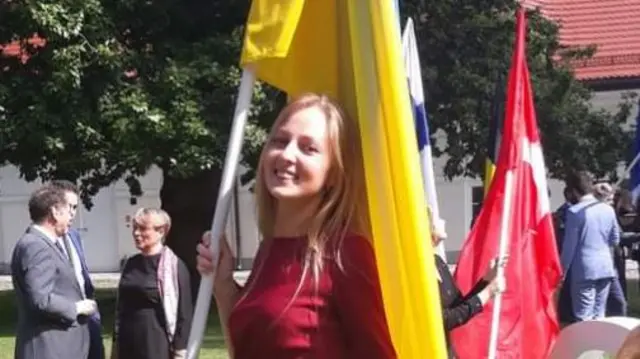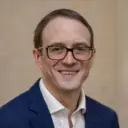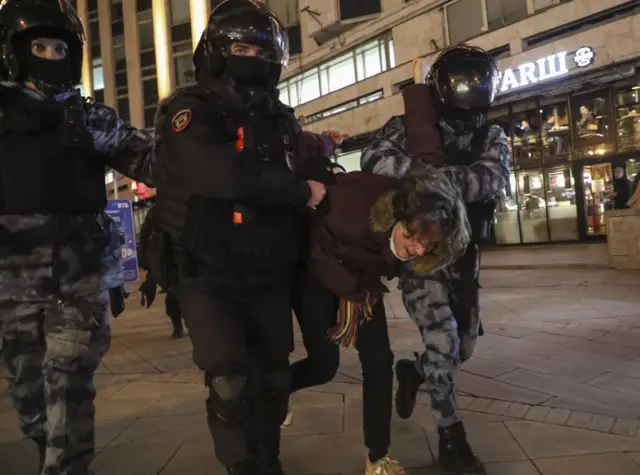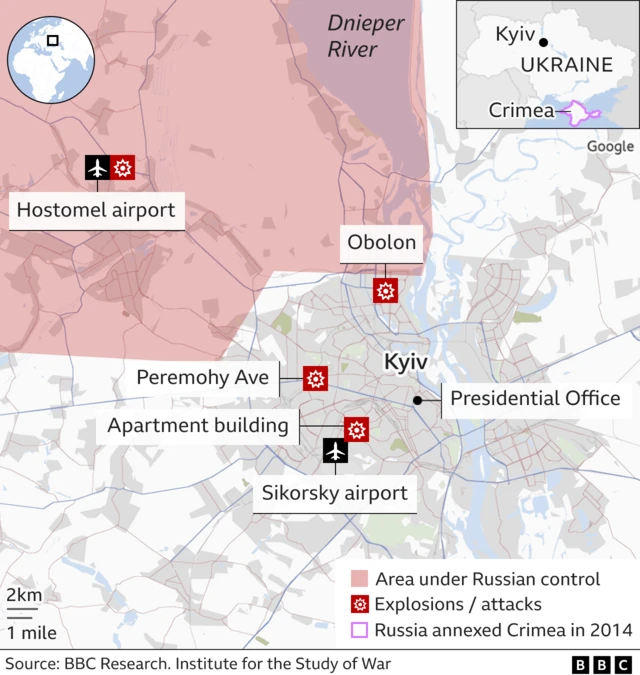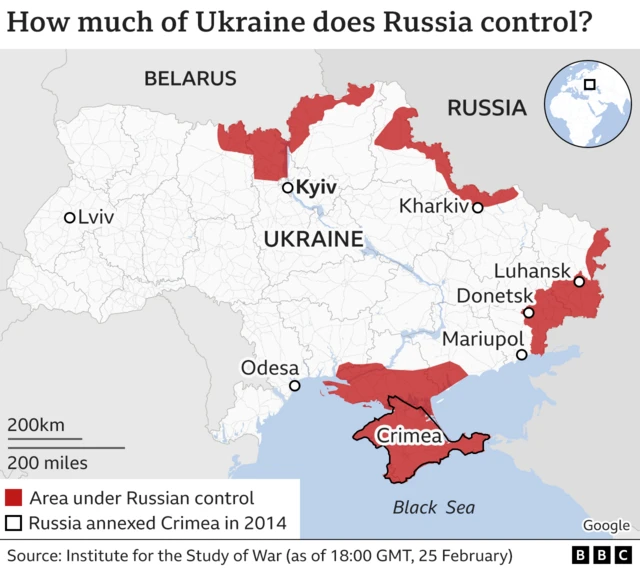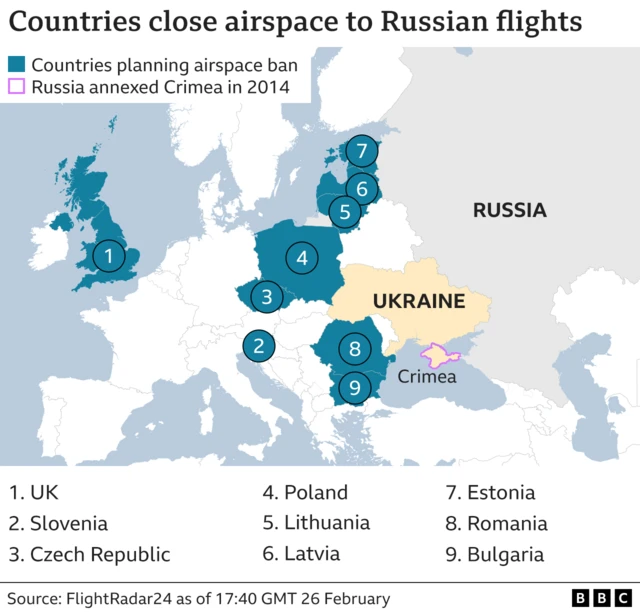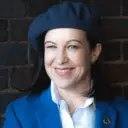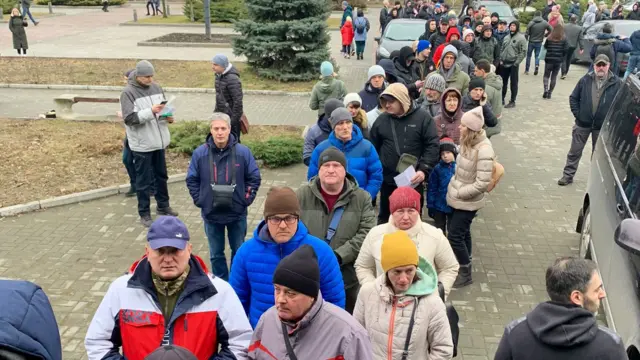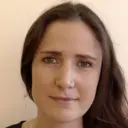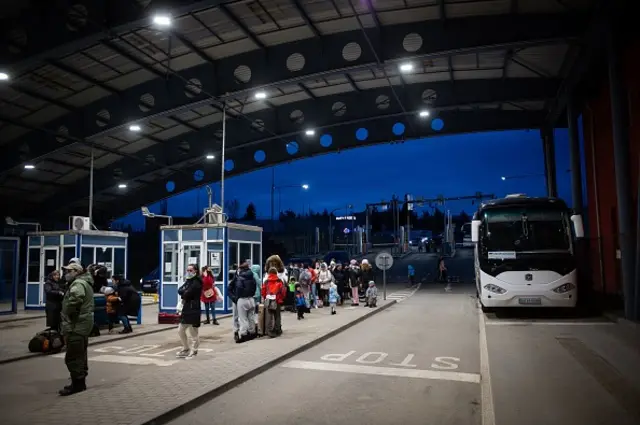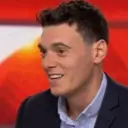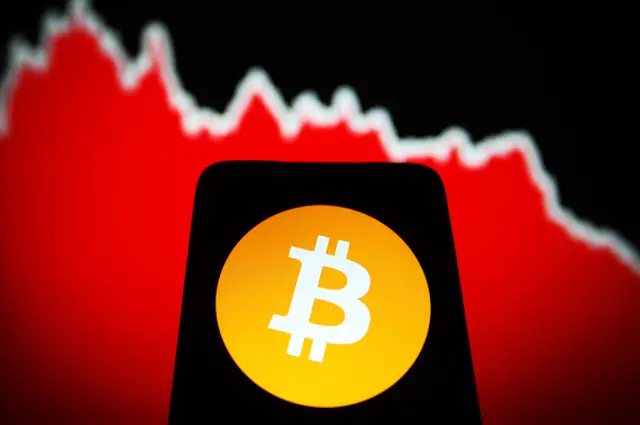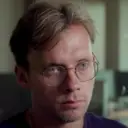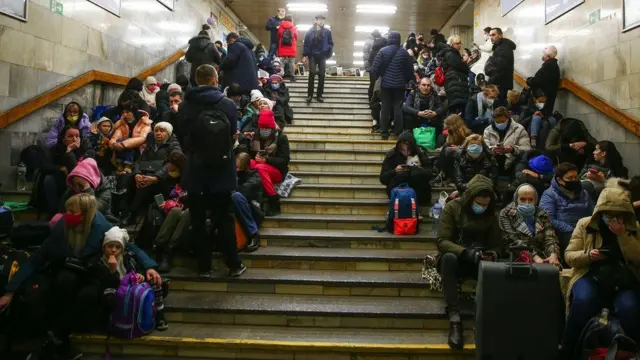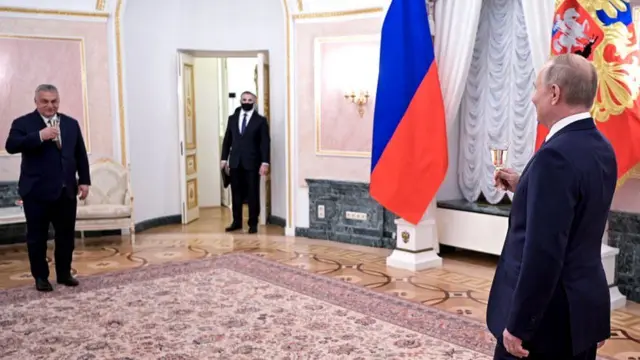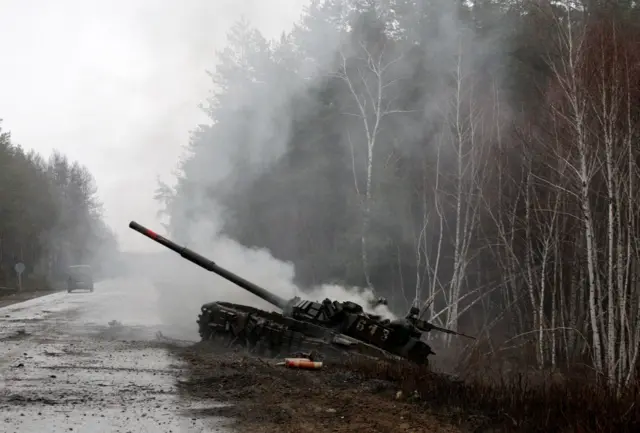Ukrainians fighting heroically, says Boris Johnsonpublished at 21:50 GMT 26 February 2022
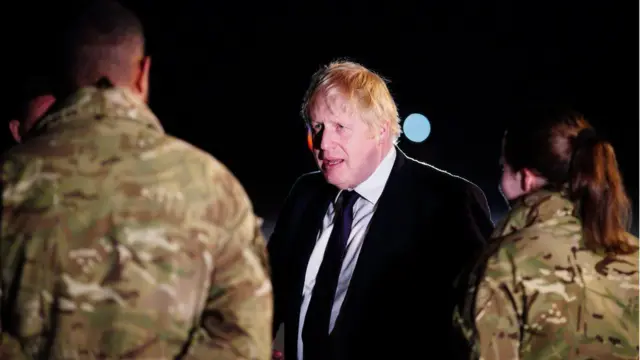 Image source, PA Media
Image source, PA MediaBoris Johnson has said Ukrainians are "fighting heroically" and with "great success" in some places. But he said more had to be done to "change the heavy odds that Ukraine faces" from the Russian invasion. Tougher sanctions, including a move to shut Russia out of the global payments system Swift, were needed, he said.
The prime minister, who was speaking during a visit to RAF Brize Norton in Oxfordshire, said the UK was sending humanitarian, military and financial supplies to Ukraine. He added that 1,000 troops were being sent to the region to help with the influx of refugees and he said the government would "of course help people fleeing for their lives".
"Things are not going all the way of President Putin. Very far from it, the Ukrainians are fighting heroically, and in some places with great success," Johnson said.
